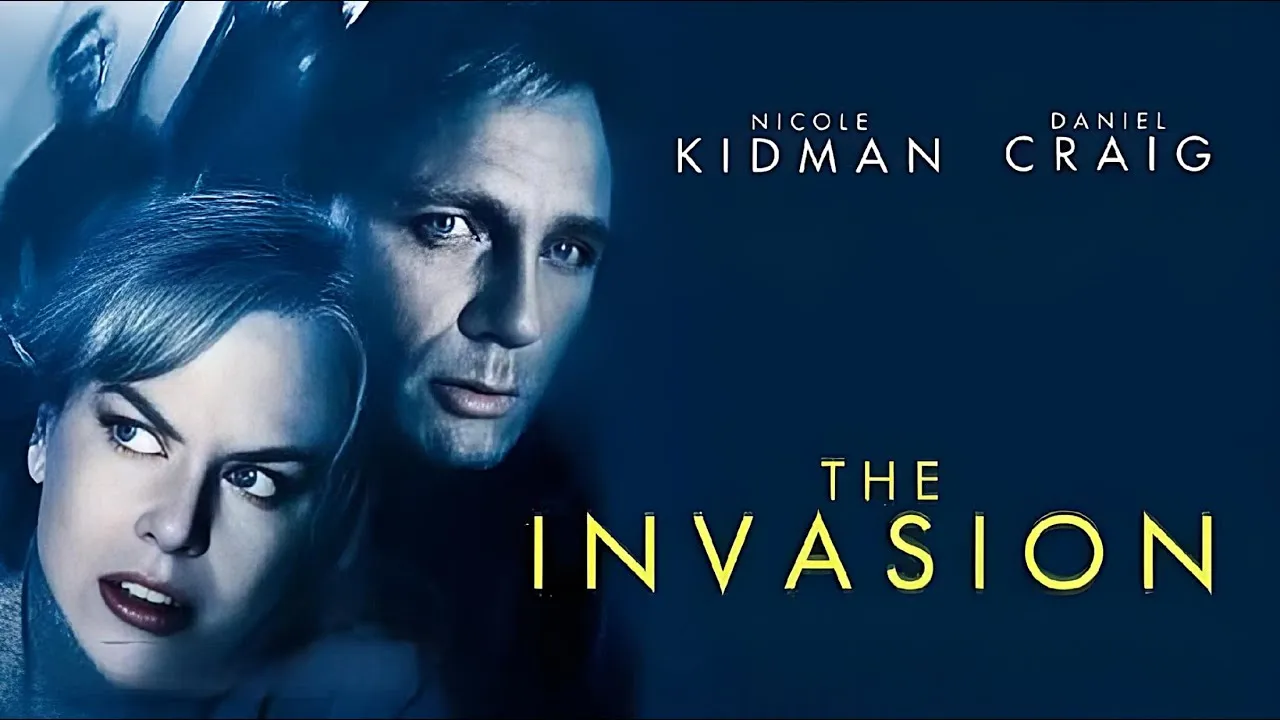Infection spreads faster than fear, and fear spreads faster than fire.
Quarantine 2: Terminal (2011) leaves behind the claustrophobic apartment building of its predecessor to trap its characters in an equally terrifying setting: an airplane and an isolated terminal where escape is impossible. As the virus spreads, paranoia becomes just as deadly as the infection itself, forcing strangers into uneasy alliances while the line between survival and humanity grows dangerously thin.

The film begins midair, with passengers on a night flight unaware that one of them carries a deadly secret. When the infection erupts in the cramped cabin, chaos unfolds with a visceral immediacy — panic-stricken screams, bodies collapsing in aisles, and the horror of not knowing who will turn next. The tension escalates when the flight is grounded and survivors are herded into a deserted airport terminal, a prison of sterile corridors, flickering lights, and a growing sense of doom.
Unlike the first Quarantine, which mirrored [REC]’s found-footage style, the sequel abandons the handheld camera in favor of a more traditional narrative. This shift allows for broader character dynamics: the determined flight attendant Jenny (Mercedes Mason), who emerges as the unlikely heroine, the skeptical passengers, and the desperate infected who claw and tear their way through steel and flesh alike. Jenny’s resilience, fueled by instinct rather than training, becomes the emotional core of the film, carrying echoes of Ripley in Alien.

Thematically, Quarantine 2: Terminal explores the fragility of order. Airports, symbols of global connection and modern control, become a cage of fear once nature’s wrath slips through the cracks. The military’s ruthless containment policy underscores the hopelessness — survival isn’t about rescue, but about resisting inevitable infection.
With relentless pacing, bursts of gore, and the unnerving silence of an abandoned terminal, the film thrives on atmosphere as much as shock. It may not reinvent the genre, but it captures the primal terror of contagion: a monster that lives in breath, touch, and blood. In the end, Quarantine 2 doesn’t just terrify — it reminds us that in the face of an unstoppable virus, humanity itself becomes the most fragile quarantine of all.


-1751358253-q80.webp)
